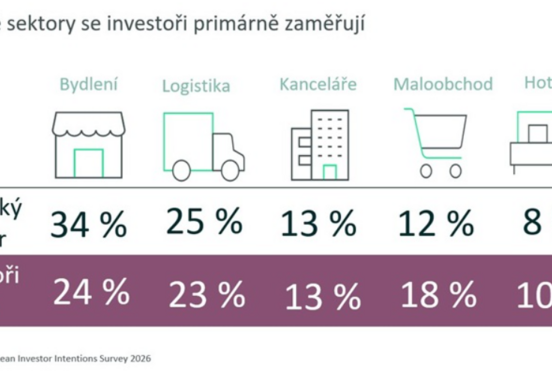The right data and choice of key performance indicators (KPIs) make a difference in measuring the impact of a marketing campaign on the real estate business. Data-focused approach can help you find the right strategies and methods to attract new clients and retain them over time.
Collecting as much data as possible is not enough, you need to find, analyze, and act on the most important metrics. Here are 7 real estate digital marketing KPIs you should be measuring in order to maximize the success of your marketing campaigns over time.
1) Website Traffic
For any real estate business, the site visits are an essential step and a high number of visitors is the first indicator of your strategy success. But the website traffic alone, if it doesn’t generate leads, won't make your business grow. Ultimately, your efforts should aim at retaining visitors, encouraging them to get to the next stage of the site, inciting them to browse your listings and contact you.
2) SEO performance
SEO approach is imperative for any successful digital campaign. Measuring the search traffic enables you to determine how often your home page and listings appear in search engine results when looked for by potential home buyers and sellers. It is critical to your SEO success to find out which keywords are top performing or likely to perform better and deserving further optimization. Specific keywords can be also used for conversion tracking.
3) Traffic Sources
It is also very important to understand how many visitors come to your website from different channels and from which devices and browsers they use to access the most. Tagging URLs using UTM codes will allow you to keep track of how your individual tactics are working and if there is opportunity to increase your traffic. Breaking down traffic by channel can give you insight into what channels matter to your business and allow you to adapt your online presence to your target audience.
4) Lead Conversions
Lead generation has become the most important part of digital marketing, especially in real estate marketing. Getting your website visitors’ contact information gives you opportunity to send them regular relevant and credible information and stay top of mind realtor.
5) Exit pages
Analyzing your exit pages i.e. the last page a visitor viewed before leaving a website helps you understand from which page visitors leave the website the most often and whether they followed the path you wished them to follow while navigating your site. If a signup confirmation page has a highest exit rate your strategy is doing well.
6) Landing Page Conversion Rates
This indicator helps you track which of your individual landing pages are the most engaging and successful in generating leads. Use the industry average conversion rate to benchmark your own landing pages and then implement the tactics from the higher performers to the less successful ones
7) Cost per Lead
Tracking this KPI will prevent you from overspending for leads. Dividing the cost of a marketing campaign by the number of leads that campaign generated gives you insight into the actual worth of your lead and into the cost effectiveness of your marketing strategy. Breaking down the cost per lead by acquisition channel and source, helps you gain a better understanding of which efforts will yield the best return on your marketing investment.
While there are many more trackable metrics that will give you insights into how well your marketing campaigns are performing and where the room for improvement is, these 7 KPIs should help you start building a cost effective digital marketing strategy. They are instrumental in increasing the success of your marketing efforts aligned to your main goal – attracting and retaining home buyers and sellers as clients and growing your business. Keep ahead of your competitors by closely tracking these KPIs.







